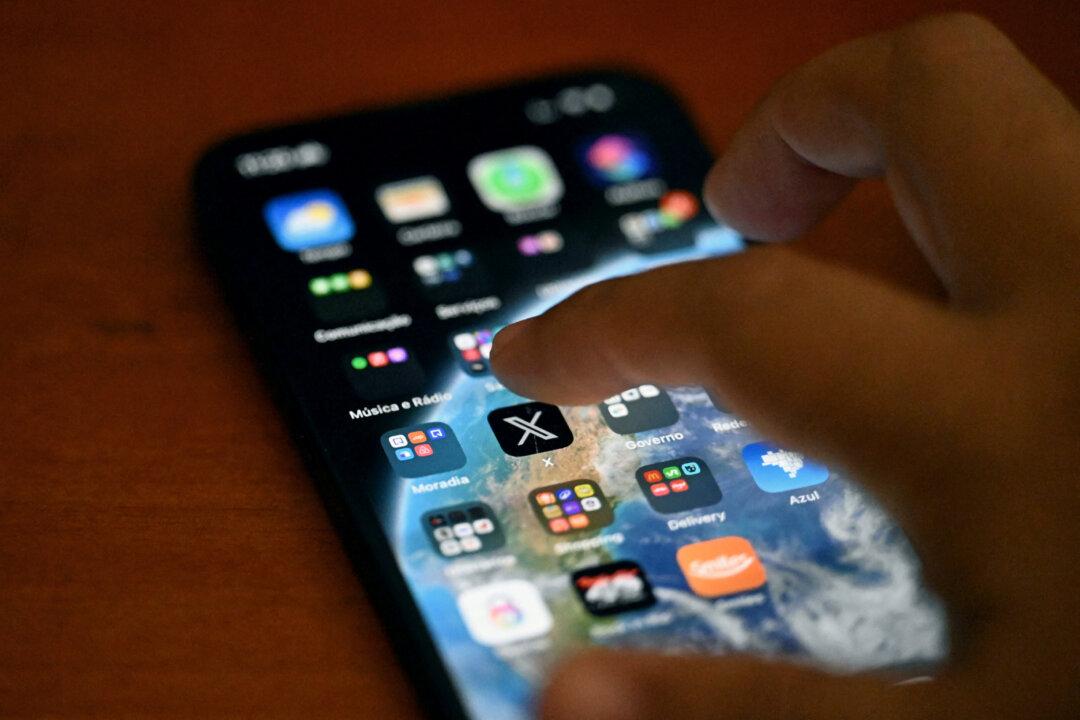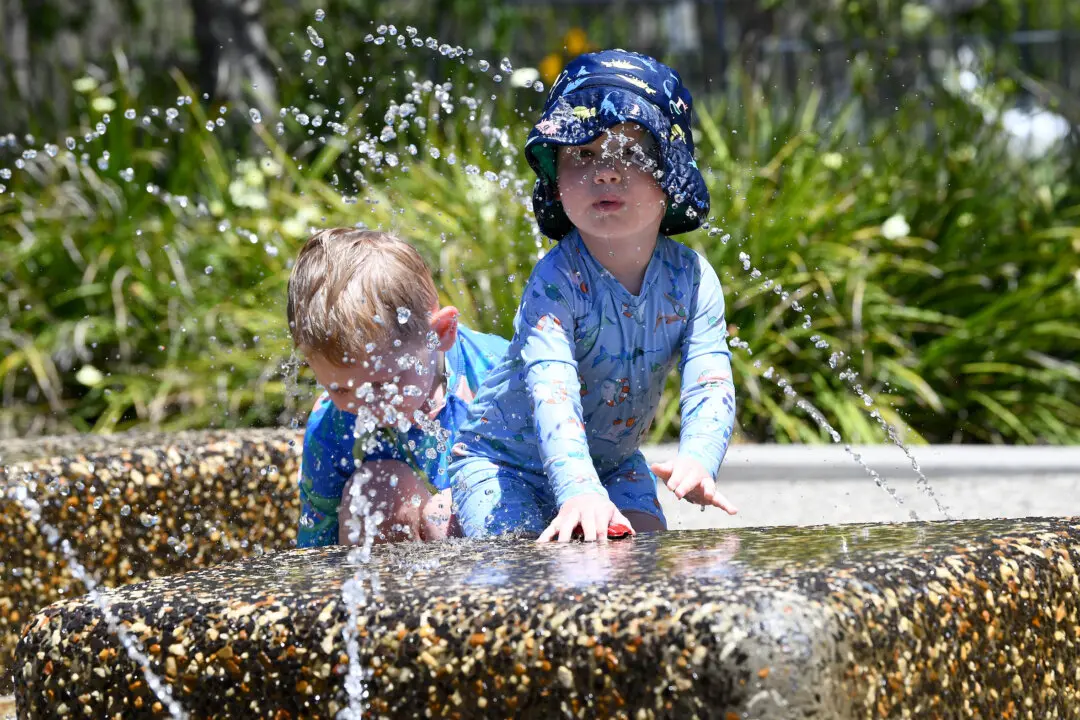The Australian government has vowed to protect online privacy—and keep the digital ID away—under its “world first” social media ban for children under 16 years of age.
Under the ban, social media companies face fines of up to $49.5 million (US$32.2 million) if they fail to take “reasonable steps” to prevent under 16 year old’s from accessing their platforms.





